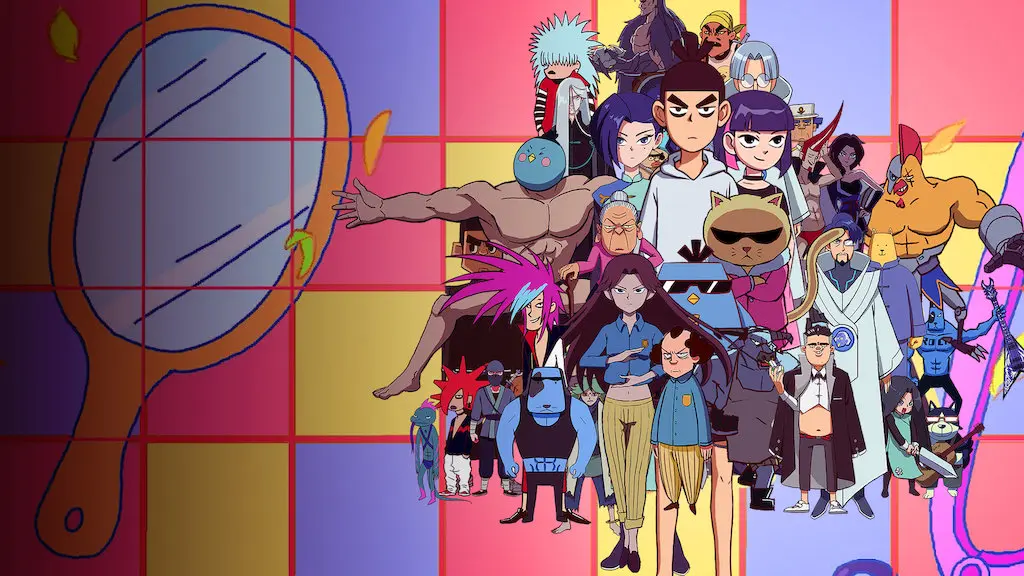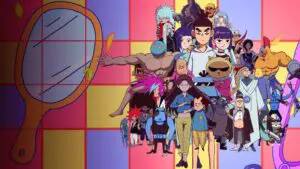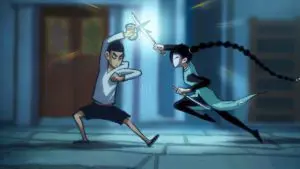Summary
Scissor Seven Season 3 has its share of standalone, enjoyably weird episodes, but it also develops some welcome direction in its wider story and character arcs.
This review of Scissor Seven Season 3 is spoiler-free.
Netflix’s irreverent Chinese comedy anime Scissor Seven has been a quiet hit since it debuted back in 2018. It’s a curious blend of simple but deceptively expressive art, slapstick comedy, pop-cultural references, and fantasy-adventure tropes, somehow halfway between an anthology and something more explicitly serialized. It’s one of those shows that I can’t help but like even while recognizing why someone else might hate it, and I should begin this review of the third season by saying upfront that nothing about these ten new episodes deviates too much from this structural and stylistic formula. It won’t, in other words, convert anyone who didn’t like the first two parts.
But that’s fine. By this point, Scissor Seven has an established fanbase who’re expecting certain things from it, and what you can also say about this season is that it isn’t content to just deliver those things. On the contrary, this outing has — or at least has the illusion of — much more overall direction. After the death of Redtooth in the second season, Seven has taken the blame and has sequestered himself away from Chicken Island for the good of everyone while he embraces his past as a Shadow Killer to venture to Xuanwu and take on the group’s leader. The journey there does, admittedly, include some standalone adventures that don’t have much to do with anything, but the wider plot is never forgotten, and neither are the crucial character arcs along the way. While Seven is embracing his past, he’s also trying to determine his future; he’s grappling with whether or not he belongs on Chicken Island with Dai Bo and Cola, while, on the other side, Thirteen is experiencing a similar dilemma amongst the Shadow Killers.
This underlying theme of belonging helps to define the third season better even while it continues to indulge in comedy beats, cultural nods, fourth wall breaks, and visual flourishes — including a turn-based RPG sequence which comes out of nowhere and lasts for about five seconds, not even really in service of any point or gag. Once again, the simplistic art style comes alive during action sequences, and the characters, even the silliest ones, all make a case for themselves. It’d be easy to be turned off by what’s on the surface of Scissor Seven without stopping to consider what’s underneath.
Devotees of traditional shonen anime aren’t exactly going to be wowed by what’s on offer here, but that was never the case. I like that this show carves out a niche for itself, playing with different styles and tropes for an episode or two and then just happily abandoning them for the next diversion, all while managing to tell what is, overall, a pretty coherent and engaging story with interesting character drama and conflicts. It’s still a niche affair, but at this point, Scissor Seven has proudly become its own thing and doesn’t seem interested in being anything else. In today’s media landscape, you have to give credit for that.
Read More: Scissor Seven Season 1 Review




